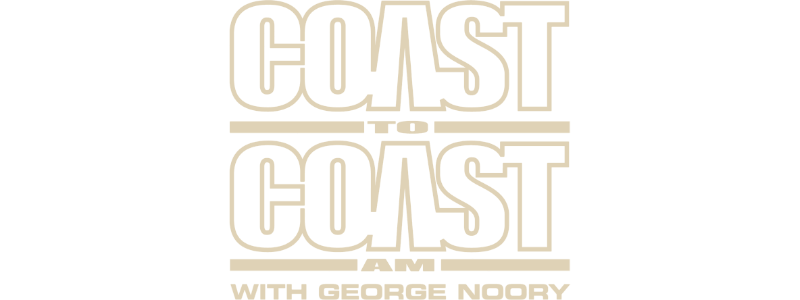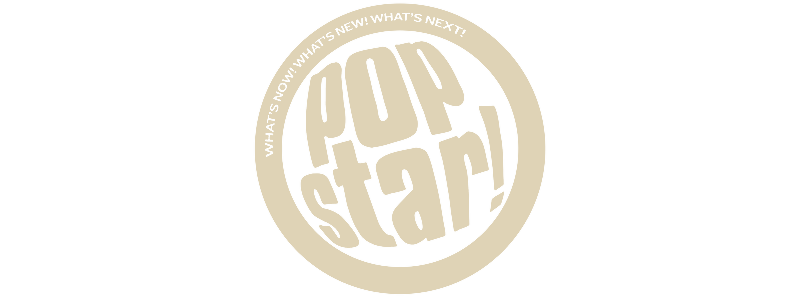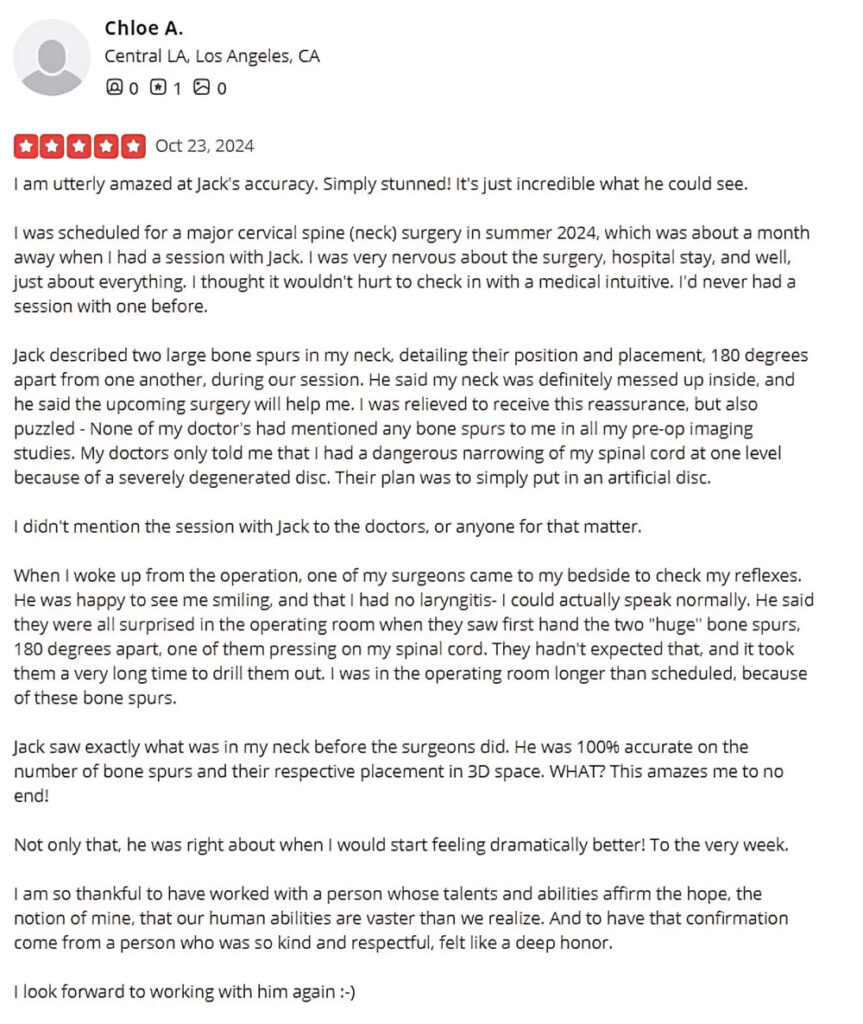The National Institute of Health States Intuition is useful for Medical Practitioners as Americans Base Healthcare Choices on Feelings despite the future is artificial intelligence.
One day, androids may look at a patient with a sensor and feel the energy within their body to determine what pathology lurks inside. This is medical intuition. Mystics have done this for millennia” – Jack Rourke
Alternative Health Care on the Rise
Taking health advice from someone other than a trained medical doctor might sound absurd. But diagnostic artificial intelligence is here when increasingly Americans are seeking advice from chiropractors, energy workers, and other holistic practitioners such as medical intuitives.
In 2004, The Centers for Disease Control and Prevention published a survey. It stated 36 percent of U.S. adults use some form of complementary and alternative medicine (CAM).
CAM is defined as medical and health care systems, practices, or products that are not part of academic medicine. When prayer specifically for health reasons was included in the definition of CAM, the number of U.S. adults using complementary and alternative medicine rose to 62 percent. Was the comfort found in prayer a harbinger for things to come?
A 2017 study by The PEW Research Center found “Two in ten adults report using alternative medicine instead of conventional, traditional treatment”. By 2022, public trust in complementary and alternative practices had solidified. In July of that same year, The Institute for Healthcare Policy & Innovation at Michigan State University reported, nearly 40% of older adults used at least one alternative medicine strategy like massage, chiropractic therapy, or meditation to self-treat physical or mental health issues. A concern noted in this study, that may indicate growing public confidence in holistic methods, is the fact only 18% of these adults discussed these decisions with their doctors.
The popularity of alternative healthcare does not appear to result from dissatisfaction with conventional medicine. At issue is a growing distrust and fear. What seems to be important to modern consumers is health care that is congruent with their values and metaphysical orientations toward health and life. It stands to reason then, that public distrust in the pharmaceutical industry and institutions such as the CDC, fueled by disinformation and conspiracy have caused people to assert control over their healthcare by aligning more with their feelings than presumed facts.
Holistic practitioners focus on the patient’s need to feel cared for and thus are more attractive to consumers. Interestingly, medical malpractice data also shows poor doctor-to-patient communication correlates with increased medical malpractice claims. Nevertheless, mainstream medicine has been slow to adopt a business model that is focused on a feelings-based customer experience.
Doctors’ offices can feel stark, the staff impersonal and the physician abrupt as if the patient’s feelings are an inconvenience. As previously indicated, the opposite is true among alternative health services that put feelings first. Customers appreciate the soothing music, comforting ambiance, and hushed mindful tones that alternative healers speak in. The more mystical the holistic service, it seems, the more welcoming the environment and optimistic the patient often feels.
What is Medical Intuition
Medical intuition is the reported ability to perceive health-related information about an individual’s physical state through extrasensory means. Jack Rourke is a documented medical intuitive in Los Angeles and the author of The Rational Psychic. According to Rourke, medical intuition is based on the felt experience of the body as a holistic system that radiates information as energy – energy that empathically can be attuned to and meaningfully interpreted into biological facts. This process, he says, is more nuanced and anatomical yet not unlike how a somatically informed psychotherapist might feel a client’s past physical injury or psychological trauma by attuning to their own body.
Medical intuition is not new. For centuries shamans have conducted rituals to discern how to treat sick members of their community. The practice of medical intuition in modern times is believed to have begun with Phineas Parkhurst Quimby (1802–1866). But this is not true says Rourke. “Quimby was a hypnotist who believed he could heal by suggestion. His opinion was illness resulted from mistaken beliefs. Mentalism is not what medical intuition is.”
Rourke stresses medical intuition is a fascinating human technology but not a strategy for manipulating anyone’s mind or imposing beliefs on anyone. He also is firm that medical intuition is never a replacement for a doctor’s care. Medical intuition, according to Rourke, is strictly a process for discerning anatomical information to facilitate a patient having more effective communication with a licensed medical doctor. Rourke is the rare pragmatist among new-agers.
Edgar Cayce (1877–1945) was a devout American mystic and medical intuitive. Cayce would self-induce a trancelike state and narrate uncanny clairvoyant perceptions. Dubbed the sleeping prophet, Cayce would communicate physical information accurately diagnosing people he had never seen or met no matter their location in the world. His clients included President Woodrow Wilson, Thomas Edison, Irving Berlin, and thousands more.
What does Science Say about Medical Intuition?
Critics of medical intuition argue it is chance, unreal, and difficult to evaluate its effectiveness or reliability. But psychiatrist Dr. Judith Orloff says anyone can learn it. Indeed Cynthia Li M.D. had her own experience with medical intuition. “…my mother called with her abnormal lab results; I reasoned that using my intuition was a low risk with a high potential gain. As I sat in meditation, an image of my mother’s teeth emerged. “When was your last dentist appointment?” I asked when I called her back. She confessed that her dentist had wanted to pull two rotten teeth, but she had been reluctant. I suggested she get them taken care of as soon as possible, then follow up with another blood test. A couple of months later, her inflammatory marker was undetectable.”
We asked Jack Rourke if skeptics attribute medical intuition to chance does it mean medical intuition is a fluke? He replied rhetorically. “I think we’re asking the wrong question. Ask yourself this instead. If a medical intuitive can provide information a doctor can confirm, and then use to save a life, does it matter if the help was by chance? Maybe medical intuition is not extraordinary. What if it is nothing more than an implicit survival mechanism? A felt capacity humans forgot long ago when the prefrontal cortex evolved and became dominant over more feeling-based cognition.”
The Future of Medicine and Intuitive Machines
Maybe it should not be so hard to imagine people can intuitively know what is wrong with their bodies? Machines now self-diagnose. Why not humans? Today hospitals are equipped with artificial intelligence that evaluates MRI and CT images to make accurate predictive diagnoses. One day, androids may no longer need photographic-like renderings depicting the human body. Machines may simply point a sensor at a patient and “see” the energy within their body to determine what pathology lurks inside. This is all medical intuition is. Perhaps then, the needs of conventional medicine and individual humans are the same as artificial intelligence, a deeper, more meaningful capacity to process feelings as healing information. ♦






